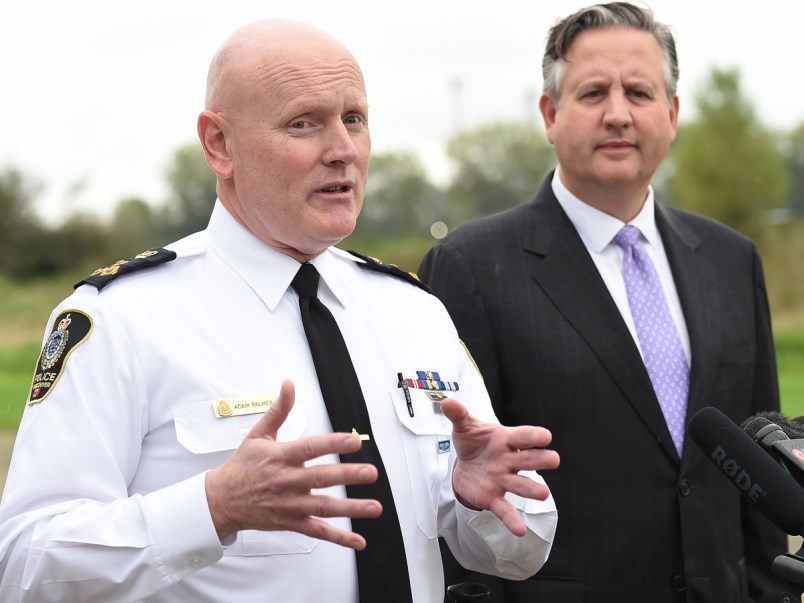The provincial government’s recent decision to overrule Vancouver city council and force the municipality to add $5.7 million to the Vancouver Police Department’s budget is an undemocratic imposition that should be overturned.
In December 2020, city council voted against a Vancouver Police Board budget submission to increase the police budget by $5.7 million. This was not a budget cut; it was a budget freeze at a time when city revenues decreased due to the COVID-19 pandemic and nearly every city department faced actual budget cuts.
In March 2021, the Vancouver Police Board appealed the city's budgetary decision by taking the matter to the Government of British Columbia. This week, a year after the appeal, B.C.’s Director of Police Services Wayne Rideout ruled to reverse the city council’s decision, despite the VPD’s budget increase of $25.1 million in 2022. Effectively, the province has obliged the City of Vancouver to add $5.7 million to the current police budget, which has to be funded by cutting other city services or raising property taxes.
While the province’s decision was lauded by Vancouver mayoral candidates and sitting city councillors, the fundamental problem with the province’s imposition is not necessarily the results, but the procedure by which the decision was made. It is remarkable that (current and hopeful) elected municipal officials celebrate a provincial decision that undermines the City of Vancouver’s authority over its own police force and budget.
After all, it is not inconsistent to support increasing police budgets without supporting a decision that cedes a municipality’s control over the services and expenditures which it funds through property taxes and other revenues.
The reversal of the city council’s December 2020 budgetary decision was not some sort of constitutional ruling by a court. Rather, it was made by an unelected, bureaucratic office of the provincial government at the behest of an unelected police board. It forces a municipality to make expenditures that its elected officials had (within the scope of their powers) rejected. In doing so, the province has usurped the power of Vancouver city council – and by extension, Vancouver voters – to decide on how its municipal revenues are spent.
The province is not paying for this; the province is forcing the City of Vancouver to pay for it.
And while the province acted well within its rights, as per B.C.’s Police Act, it is the city that is wholly accountable for the VPD and how the VPD is funded.
Ultimately, the city council is accountable to Vancouverites. If the electorate wants increased local police budgets, the electorate has the opportunity to vote in a brand new council to do that – this October, no less.
But that democratic exercise is undercut if the decisions of a city council, as elected by its constituents, can simply be overruled by the whims of the province.
If the province’s position is that it is ensuring sufficient funding for police in municipalities, then the province itself should pay for it.
Otherwise, the province should overrule the B.C. Director of Police Service’s decision and amend the Police Act to enshrine the local oversight powers of municipal police forces to the municipalities that actually pay and are accountable for them.
Mo Amir is the host of This is VANCOLOUR, Vancouver’s bona fide culture and politics podcast, now also airing on Sundays at 7pm on CHEK.




